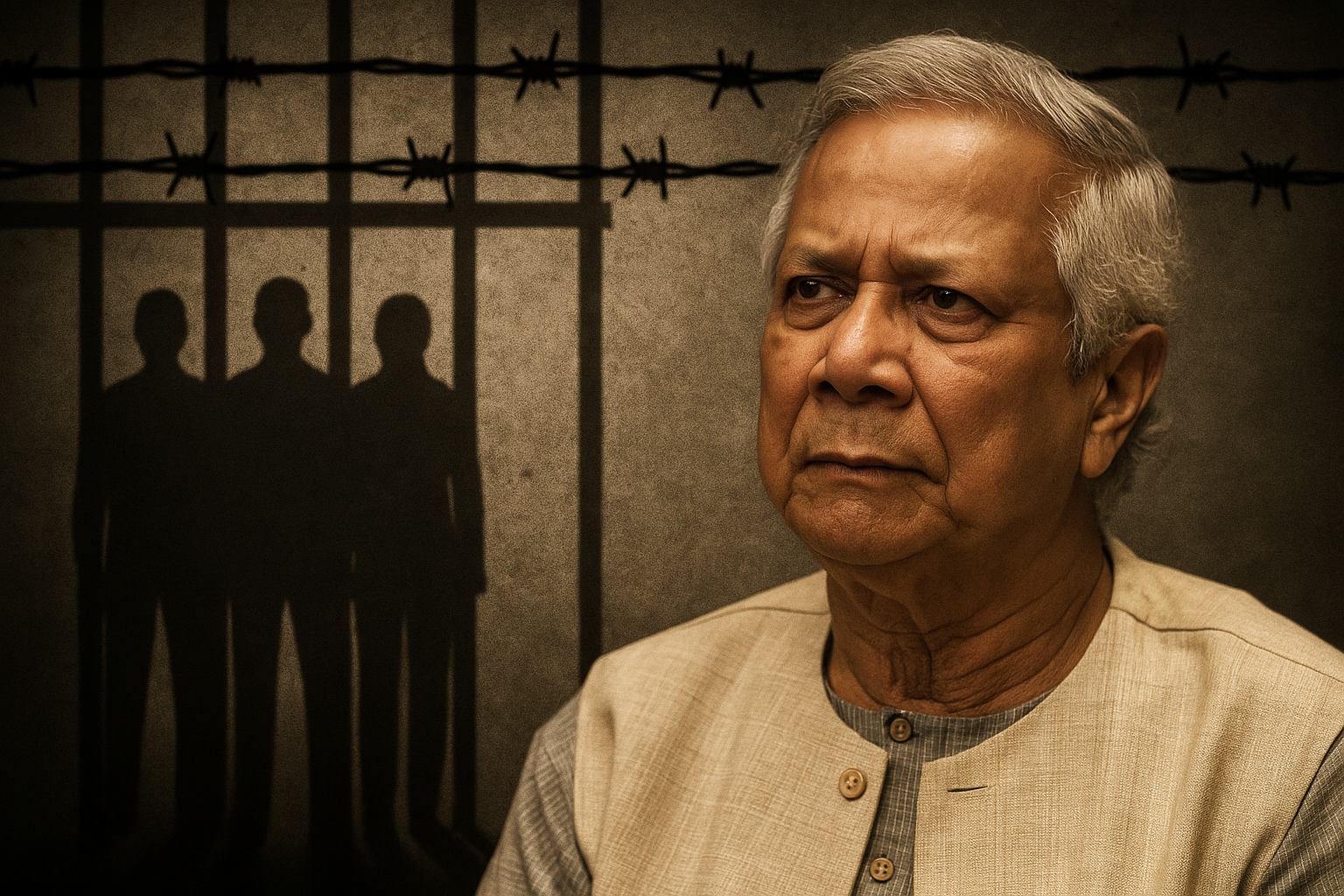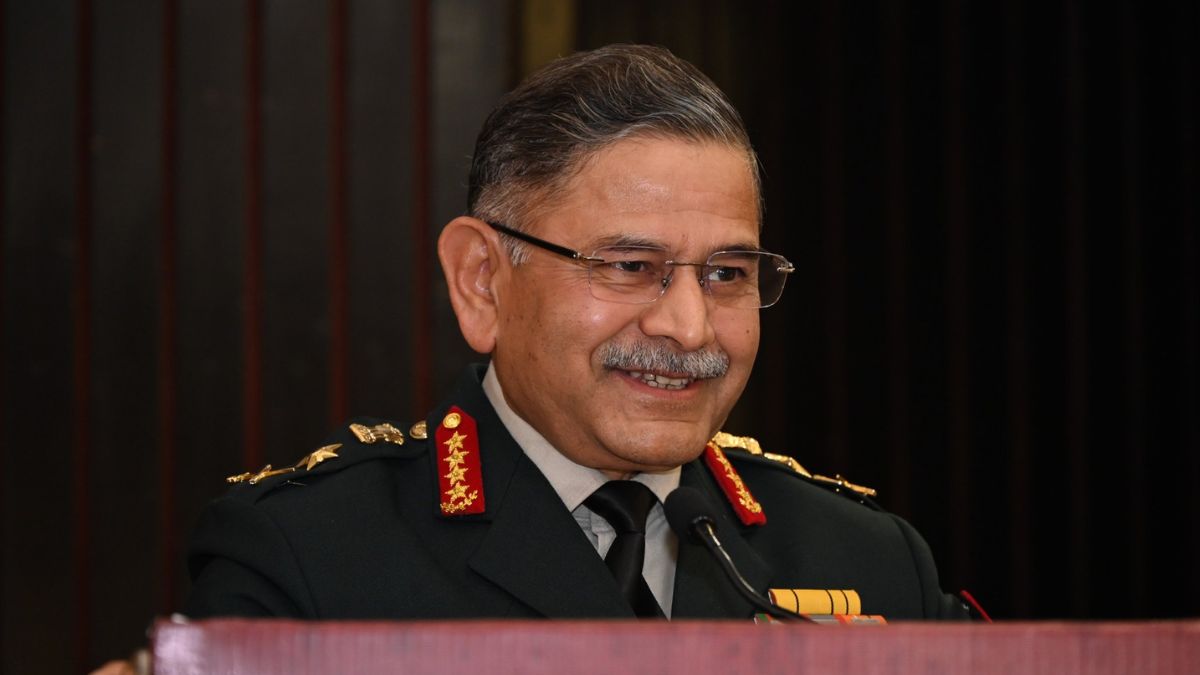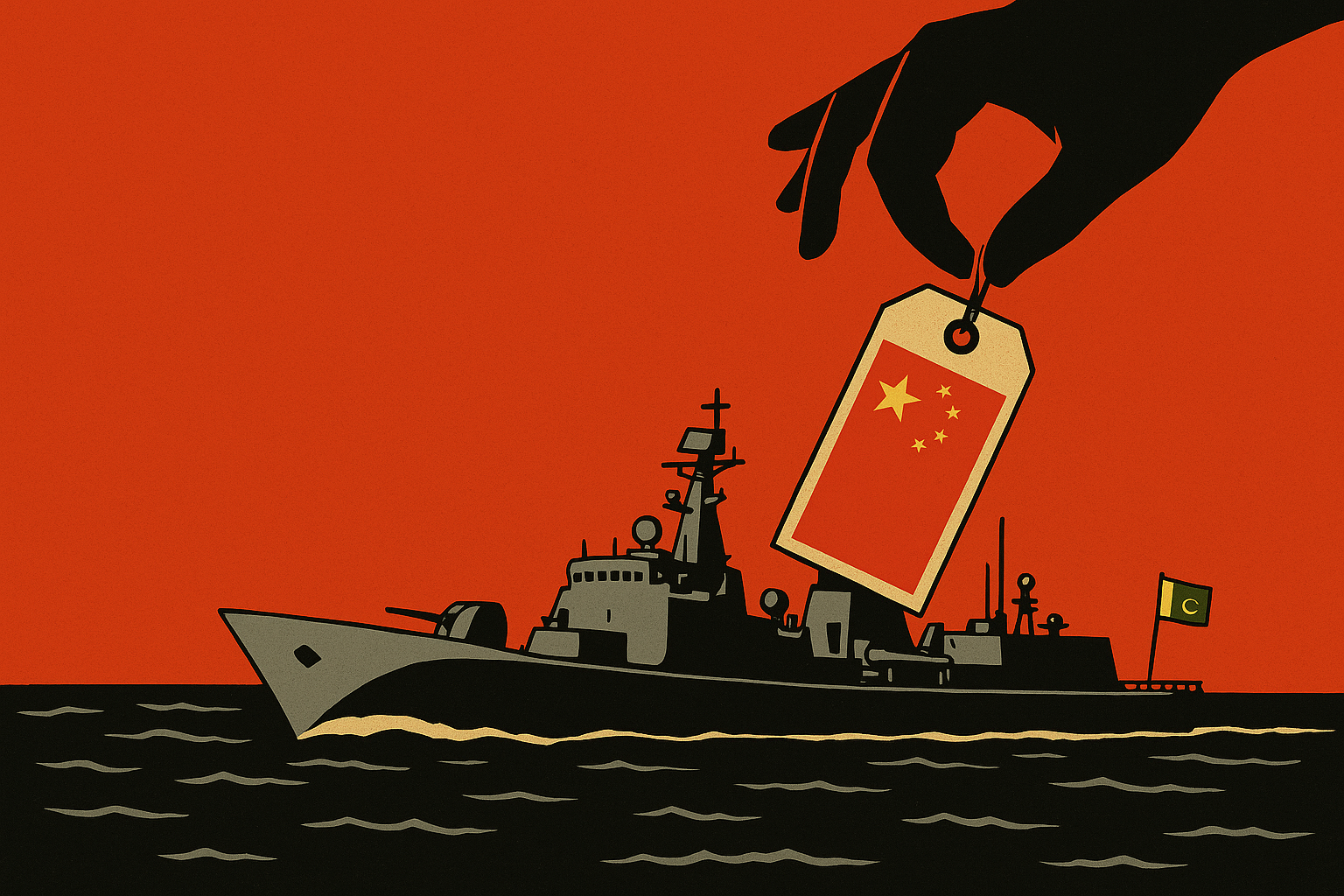From Peace Prize to Police State: Muhammad Yunus and the Fragility of Reform

Image Courtesy: AI-generated picture via OpenAI’s DALL·E
“In their efforts to stay in power, the Sheikh Hasina dictatorship destroyed every institution of the country. The judiciary was broken. Democratic rights were suppressed through a brutal decade-and-a-half-long crackdown. Elections were rigged blatantly. Generations of young people grew up without exercising their right to vote. Banks were robbed, with the full backing of political patronage. And the state coffer was plundered by abusing power.” — Muhammad Yunus, August 2024
Dr. Muhammad Yunus’s indictment of Bangladesh’s system criticised Sheikh Hasina’s administration for eroding democracy and fostering corruption, appealing to those desiring reform. However, a year into his leadership, Yunus faces accusations of emulating the very practices he condemned.
The promised reform has devolved into political obscurity, suppression of dissent, and institutional stagnation. Under Yunus, democracy has not flourished; rather, law and order have been undermined. His government-initiated Operation Devil Hunt to eliminate political threats, leading to numerous arbitrary arrests of student leaders, leftist activists, and civil society members who previously supported him. Human rights organisations have reported instances of torture, unlawful detentions, and forced disappearances under the pretence of maintaining security.
Collapse of Law and Order Poses Grave Threat to Bangladesh
Since August 2024, Bangladesh has experienced significant disorder and breakdown in law and order. Under Sheikh Hasina, public safety was maintained despite criticism, whereas Dr. Muhammad Yunus’s interim administration has allowed this control to deteriorate. Their initiative, Operation Devil Hunt, has focused on suppressing political dissent rather than addressing actual threats, resulting in increased violence and chaos.
Recent incidents across the country, such as the Chilmari–Sundarganj confrontation and the Madaripur riot, indicate a broader disintegration of order. In Thakurgaon, a land dispute led to over 100 injuries despite emergency orders, while Brahmanbaria faced a deadly clash with mass evacuations due to arson.
Shariatpur’s turf war involved the detonation of 100 crude bombs, with security forces unable to intervene effectively. These April 2025 events illustrate a national crisis, as increased repression fails to stem the chaos. The public yearns for the stability of the previous administration, highlighting the widening gap between governmental assurances and actual conditions.
This deterioration in law and order coincides with the erosion of democratic and minority rights. After Sheikh Hasina’s ouster, Dr. Muhammad Yunus’s interim government promised reform but has instead escalated repression. Fundamental civil liberties, such as free speech and assembly, have been severely restricted. The Awami League has been banned, and its supporters face surveillance and arrests, while peaceful protests are met with force, targeting dissenters, including journalists and students, under ambiguous national security laws.
Assault on Minorities and Civil Liberty Curbs Threaten Social Cohesion
Minority groups, especially Hindus and tribal communities, face significant instability. Reports indicate organised land seizures, mob violence, and targeted harassment in regions like Netrokona, Rangamati, and Bagerhat, often with state complicity. Religious sites have been desecrated, gatherings disrupted, and communities displaced under the guise of combating extremism. Legal safeguards for minorities have been eroded, with investigations into sectarian violence being neglected or abandoned.
Despite Muhammad Yunus’s initial reformist agenda following Sheikh Hasina’s removal, his interim government has adopted similar authoritarian practices. A Human Rights Watch report (May 2025) highlighted Yunus’s repression methods, including banning the Awami League, restricting free speech, and misusing ambiguous laws to suppress dissent. The report asserted that accountability for prior abuses remains absent, with repression merely being rebranded under a new administration, jeopardising fundamental freedoms once more.
Between August 2024 and June 2025, the Bangladesh Hindu Buddhist Christian Unity Council documented 2,442 incidents of communal violence, predominantly affecting minority groups following the regime shift. A particularly severe event occurred on May 22, 2025, in Jashore District’s Dohor Moshiahati village, where the Matua community faced looting, arson, and violence. Women were victimised, essential documents were lost, and families were rendered homeless.
Though a case was initiated, delays in arrests sparked outrage among human rights advocates. The Unity Council condemned governmental negligence, emphasising the flight of male family members in fear and the ongoing lack of protection or justice for victims. Following an investigative visit, they called for arrests, compensation, and restoration of lost documents.
This incident exemplifies a widespread issue of unchecked communal violence and governmental indifference. Advocacy groups contend that minority safety in Bangladesh has become increasingly precarious, with religious identity posing additional risks under the current regime
Economic Meltdown Poses Greater Trouble for Bangladeshis
Under Sheikh Hasina, Bangladesh underwent significant economic modernisation, with GDP per capita increasing by 276% and annual growth peaking at 8% in 2019, driven by remittances, infrastructure projects, and a robust export sector. Despite issues like youth unemployment and corruption, notable advancements were made, particularly benefiting women in the garment industry.
Conversely, Dr. Muhammad Yunus’s interim government has overseen economic regression, with GDP growth expected to decline to 3.3% and significant job losses occurring. Real GDP growth has reached its lowest point since the pandemic, characterised by decreased investment and exports, along with rising non-performing loans and diminished public investment.
The RMG (Ready-Made Garment) sector faces severe challenges, with over 140 factory closures displacing more than 50,000 workers, predominantly women. Union rights have been restricted, and hiring practices have become more invasive, leading to worker vulnerability and silence. Garment worker Lucky Akter articulated the plight of workers, equating employment with democracy in a context where reform is synonymous with repression.
New US tariffs threaten to further damage the RMG sector, prompting major retailers to reevaluate their sourcing strategies. Experts warn that without fundamental reforms, Yunus’s interim government risks both economic and democratic deterioration. Despite his international reputation, Yunus’s administration is increasingly associated with stagnation and control, with a façade of progress concealing a gradual decline in labour conditions and job opportunities.
Interim Administration’s Foreign Policy Drift, Islamist Resurgence
Under Sheikh Hasina, Bangladesh’s foreign policy emphasised secularism and regional stability. Her crackdown on Islamist groups and cooperation with India preserved Bangladesh’s secular identity. Hasina effectively utilised Chinese investments while maintaining ties with the US and avoiding great power rivalries. This strategy solidified Bangladesh’s role as a stable entity in South Asia.
Conversely, Dr. Muhammad Yunus’s leadership has fostered a perilous void. His failure to address rising Islamist elements has facilitated Pakistan’s ideological influence. Yunus’s alignment with Pakistan indicates a troubling ideological transformation. This relationship threatens to undermine secularism and democracy in Bangladesh. By aligning with a state known for military rule and sectarian violence, Yunus jeopardises Bangladesh’s foundational principles.
Lacking a democratic mandate, Yunus’s leadership facilitates the resurgence of extremism and foreign influence. Unchecked, this alliance with Pakistan could erode Bangladesh’s democratic institutions, instilling a repressive, theocratic system devoid of pluralism and tolerance.
A notable impact of this diplomatic shift is the decline of Bangladesh’s international standing, evident in its passport strength. Once improving under Sheikh Hasina, the Bangladeshi passport is now among the weakest globally, ranking 93rd in 2025. The number of visa-free or visa-on-arrival destinations has decreased from 42 in 2024 to 39.
Regional partners have tightened entry requirements for Bangladeshi travellers due to concerns over instability and documentation issues. This decline mirrors broader international anxieties regarding governance challenges and ideological polarisation. What was once a marker of a rising nation has become a symbol of diplomatic and reputational decline.
Yunus, a failed leader imposed by the West?
Muhammad Yunus ascended to power with a mandate for reform. However, his regime has exacerbated repression and instability, reviving threats previously confronted by Bangladesh. The resurgence of rising extremism, unchecked communal violence, and economic decline points to a regime adrift: one lacking legitimacy, vision, or moral authority.
Bangladesh now faces a pivotal moment. Its trajectory towards either reclaiming its secular, democratic ideals or succumbing to authoritarianism influenced by foreign radicalism hinges on both leadership and public determination.







